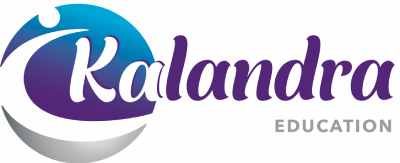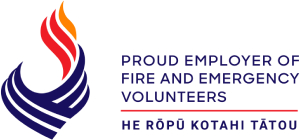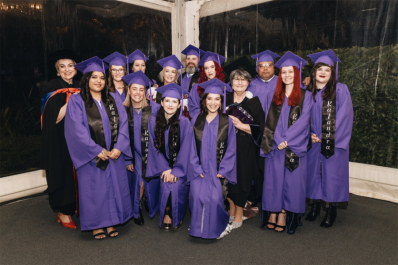Lance O'Sullivan, is a leading medical innovator, GP and former New Zealander of the Year.
This content is sourced from Whitecoat and edited by Neighbourly.
Advances in technology mean healthcare professionals have access to more data than ever before, to not only understand patient behaviours but also improve their care. Here's three clever ways new technology can improve the health of all New Zealanders.
WEARABLE DEVICES
Wearable devices like the Apple Watch and Fitbit are a common way for people to track their steps, encouraging people to be more aware of their day-to-day fitness. These devices have the capability of syncing with others, promoting healthy competition among peers. Try Neighbourly if you're on the lookout for a local walking group or bootcamp to join.
Increasingly, wearable devices are also being used in a health context. For example, patients with heart problems may be advised to wear a Fitbit to track their activity levels, heart rate or blood pressure.
Additionally, the use of handheld medical devices is now playing a bigger role in medical procedures. Portable electrocardiograms for high-risk cardiac patients is just one example of the hundreds of new technological apps giving patients and doctors a handheld tool for monitoring health concerns.
CONNECTED COMMUNICATION
Nowadays, patients are becoming more active participants in their own health and will seek care from multiple sources, especially the internet. Portal technology which gives convenient, 24-hour access to personal health information is helping this even more by allowing patients and doctors to access visits, immunisations, lab results, medications and even book an appointment.
Some online platforms go even further by enabling patients to review their experience with healthcare professionals and make more informed choices about their healthcare provider. A New Zealand online healthcare platform, Whitecoat, allows consumers to search, rate, review and compare local providers across a range of health disciplines. This is a particularly useful tool if you have moved to a new area or need specialist treatment for the first time.
THE RISE OF THE VIRTUAL DOCTOR
With the rise in remote technology-assisted healthcare (or telehealth), more Kiwis are consulting doctors virtually. Doctor2Go is an example of a company offering online consultations with a doctor, nurse or psychologist from the comfort of the patient's home via secure video calling and messaging.
Similarly, the iMoko app is an innovative digital app that offers medical diagnoses and prescriptions to children at remote schools in Northland by video link and email.
Telehealth consultations are particularly appealing for patients who live in rural communities and also beneficial in cutting down waiting room times and giving patients access to health professionals at any time.
Telehealth may never fully replace in-person appointments, however, with more people seeking convenience, the way healthcare is received is most certainly undergoing a revolution.
Technological innovations in the healthcare sector have not only helped healthcare professionals improve medical treatment at an incredible pace, they have also empowered patients to take more control in monitoring their own health. That's got to be good for all of us.
Source: Stuff
Back to News




